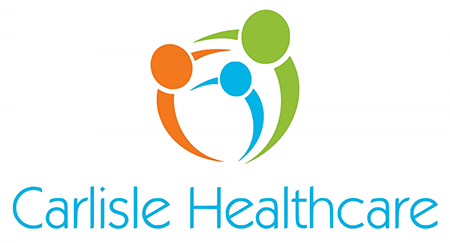Opening Times | NHS App | Contact Us
CQC Rating Good
What the RSV vaccine is for
The respiratory syncytial virus (RSV) vaccine is offered during pregnancy. It helps protect your baby against serious illness caused by RSV infection.
RSV is a common respiratory virus. In most people it causes a mild illness with cold-like symptoms. It’s highly infectious and spreads easily when people with the virus cough or sneeze.
RSV is the most common reason that babies are admitted to hospital with respiratory (breathing) problems.
Those who are at highest risk of severe illness from RSV infection include:
- premature babies
- newborn babies (particularly in the first 6 months)
- children under 2 years with conditions that affect their heart, breathing or immune system
Older children and adults can also get infected with RSV. The disease is more serious for young babies.
RSV infection is more common in winter, but can happen at any time of year.
Who can get the RSV vaccine
You’ll be offered the RSV vaccine if you’re pregnant. It’ll help protect your baby against serious illness from RSV infection.
During pregnancy, you can get the RSV vaccine from 28 weeks. Having the RSV vaccine at this time means that your baby is protected even if they’re born early.
If you did not get the RSV vaccine at 28 weeks, you can still get it later in your pregnancy. It’ll still protect you from infection and reduce the risk of passing RSV infection to your newborn baby.
The best way to protect your baby from serious illness is getting all recommended vaccines at the right time.
Link to Patient Leaflet: /media/content/files/ukhsa-rsv-patient-leaflet.pdf
We use cookies to help provide you with the best possible online experience.
By using this site, you agree that we may store and access cookies on your device. Cookie policy.
Cookie settings.
Functional Cookies
Functional Cookies are enabled by default at all times so that we can save your preferences for cookie settings and ensure site works and delivers best experience.
3rd Party Cookies
This website uses Google Analytics to collect anonymous information such as the number of visitors to the site, and the most popular pages.
Keeping this cookie enabled helps us to improve our website.
